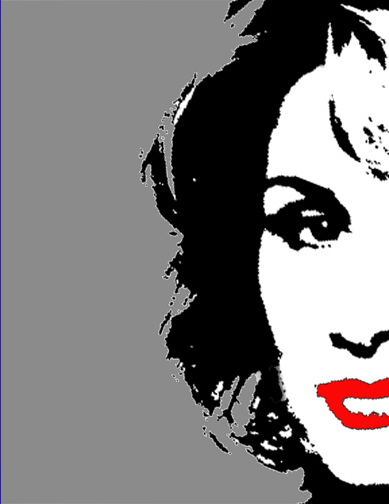Course Description
Visual information plays an important role in many aspects
of our life. Much of this information is represented by
digital images. Digital image processing is ubiquitous,
with applications including television, tomography,
photography, printing, robot perception, and remote
sensing. ECE468 is an introductory course to the
fundamentals of digital image processing. It emphasizes
general principles of image processing, rather than
specific applications. We expect to cover the following
topics: image acquisition and display, color
representations, image sampling and quantization, point
operations, linear image filtering and correlation, image
transforms and sub-band decompositions, contrast and color
enhancement, image restoration, and image compression.
Textbook
"Digital
Image
Processing,"
by R. C. Gonzalez and R. E. Woods, 4th edition, Pearson
Prentice Hall, 2018
Additional readings, including lecture notes, slides and
selected papers from the literature will be posted
periodically on the class website.
Prerequisites
For undergraduate students: Signals and systems ECE 351
and ECE 352. For graduate students: None. Students
will be expected to be familiar with basic statistics,
probability, calculus, and linear algebra.
Course Objectives
The objectives of this course are to:
- Cover the basic theory and algorithms that are widely
used in digital image processing
- Expose students to current technologies and issues that
are specific to image processing systems
- Develop hands-on experience in using computers to
process images
- Familiarize with MATLAB Image Processing Toolbox
- Develop critical thinking about shortcomings of the
state of the art in image processing
Homework
We will have weekly homework assignments. They will
involve either problem solving or mini-project programming
assignments. The mini projects must be implemented using
Matlab
and its
Image
Processing Toolbox. Graduate students will be
given a larger amount of homework assignments than
undergraduate students. Homework handed in late will not
be accepted without prior approval. While homework
assignments may be discussed outside the classroom, they
all must be performed independently by each student.
Violation of this rule will be considered a form of
cheating.
Grading
(20%) Homework
(35%) Midterm exam
(45%) Final exam
Class participation based on the readings and lectures
will be expected of all the students.
Make-up Policy
- Make-up exams will not be given except for medical or
family emergency reasons.
- Late homework will not be accepted without prior
approval.
- If you miss a class, you are still responsible for
learning the material covered during that class, and for
getting homework turned in on time.
Academic Honesty
Each student is expected to practice honorable behavior
inside and outside the classroom. Details about academic
dishonesty and subsequent disciplinary actions can be
found at the official website of
Student
Conduct
&
Community Standards at the Oregon State University.
Examples of cheating include (but are not limited to):
- Bringing forbidden material or devices to an examination
- Working on an exam before or after the official time
allowed
- Requesting a re-grade of answers or work that has been
altered after the initial grading
- Submitting a homework that is not your own work
At the professor's discretion, cheating on an assignment,
or examination will result in a failing grade for the
entire course, or a reduced grade, or a zero score for the
particular assignment, or exam. All occurrences of
academic dishonesty will be reported to the department
head. If there is any question as to whether a certain
action might be construed as cheating, please contact the
professor before you engage in any such action.
